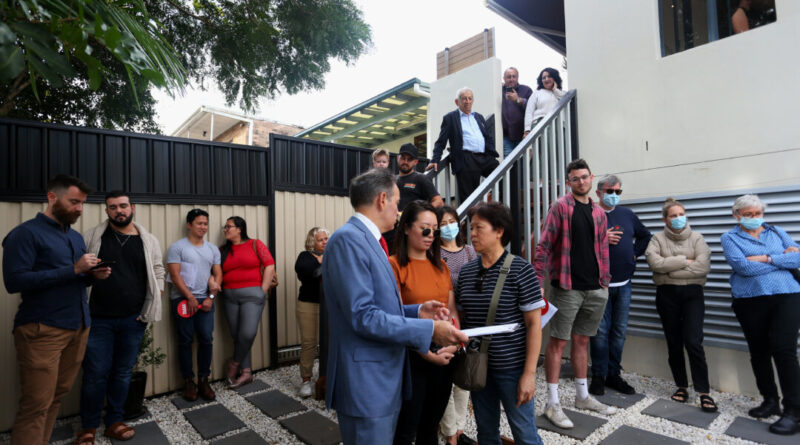Australian Parents Warned of Potential Financial Risks When Assisting Children in Purchasing Homes
Some parents have fallen into debt from helping their children.
Australian parents and grandparents have been advised to pay attention to their financial stability when assisting their children in entering the property market.
New research by the financial comparison company Compare Club revealed that the “bank of mum and dad” has become a popular funding source for young Australians purchasing their first homes.
This trend arises as young people face increasing financial burdens due to the cost of living crisis and high rental prices.
A survey of 1,000 people showed that about 20 percent of parents had provided significant financial assistance to their children, with the value of gifts and loans amounting to $75,000 (US$46,500) or more in many cases.
In addition, another 47 percent of parents are contemplating doing the same.
Compare Club stated that parental support led to 6 percent of parents getting into debt and around 2 percent resorting to a reverse mortgage.
“When parents exhaust their savings or take on debt to help their children, they often sacrifice their financial stability.
“We’re seeing cases where the bank of mum and dad is effectively operating as an unregulated lending institution, but without the safety nets.”
Financial Expert Warns Parents to Consider Financial Stability
While Browne mentioned that many older Australians are capable of helping their children buy properties, she urged them to think about the impact on their retirement fund.
“Health-wise, people need to ensure they have enough money to secure aged care, for example,” she said.
Browne highlighted that options like reverse mortgages could be beneficial, but they often come with high-interest rates.
Meanwhile, Compare Club disclosed that a growing number of Australians are experiencing bill stress.
According to the company’s Bill Stress Index, the percentage of high-income households using over 75 percent of their income for bills has surged by 246 percent since May 2024.
Utilities ranked as the top concern, with 45 percent of respondents identifying it as their main source of stress, followed by mortgage repayments at 26.2 percent, and rental payments at 20.1 percent.
Australia’s national home values decreased by 0.1 percent in December 2024, marking the first decline in nearly two years.
“Growth in housing values has been consistently weakening through the second half of the year [2024], as affordability constraints weighed on buyer demand and advertised supply levels trended higher,” stated CoreLogic’s research director Tim Lawless.





